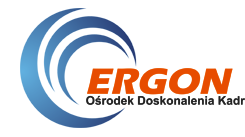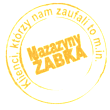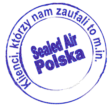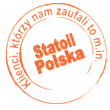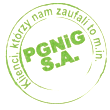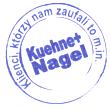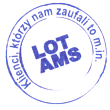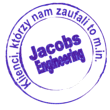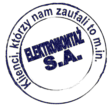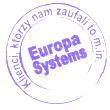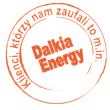IRATA rating training - L2 level
Who should join the course?
The second level of IRATA certification is for industrial climbers who have a valid L1 certificate and relevant experience - at least 1,000 documented IRATA hours completed in a minimum of 12 months. The L2 training course is a natural step for those who wish to develop their range of competencies and increase their operational independence when performing tasks at height. The course develops the ability to perform more complex rope operations, operate additional equipment and support rescue operations. For many technicians, it is also a preparatory step to becoming a team leader - especially in industrial, energy and offshore environments where coordination and precision are crucial.
Scope of training and examination
The second level programme focuses on developing advanced practical skills and perfecting manoeuvres in the rope access system. Participants learn to independently carry out rescue operations using different equipment configurations, construct extended work stations and move using multifunctional equipment. The course also covers work organisation and supervision of people working at basic level (L1).
Classes are delivered according to international IRATA guidelines. The training ends with a practical and theoretical exam, which is conducted by an independent assessor. Upon successful completion, the participant is awarded the IRATA L2 certificate - confirming competence to perform tasks of a higher level of complexity, to support rescue operations and to perform functions with elements of operational responsibility.
Career opportunities
The IRATA L2 qualification opens up new career prospects and increases the chances of advancement in teams carrying out high-altitude projects. A Level 2 technician can participate in more demanding rope operations and support the team during work of a higher degree of difficulty, such as in unusual terrain or with specialised equipment. This certificate is sometimes required for projects of high complexity, especially for multinationals.
Industries most frequently seeking L2 technicians include:
- energy and renewable energy sources (operation of wind farms and solar installations),
- Offshore and marine sector (offshore platforms, steel structures, inspections),
- heavy industry and petrochemicals,
- refining and gas sector,
- high-rise and infrastructure construction,
- technical rescue and evacuation systems.
Greater autonomy and a wider range of tasks foster competence development, enable access to better-paid foreign assignments and allow the selection of national projects in line with individual career preferences.
Why obtain IRATA L2 certification?
A second-degree qualification makes you more competitive in the labour market and allows you to stand out from those with only a basic qualification. For many companies, it confirms that the candidate has practical experience, but also the ability to undertake independent tasks in a dynamic environment.
Earning the L2 certificate is often a turning point in professional development - allowing you to develop your specialisation, take on more responsible projects and prepare for a role as an instructor or team coordinator).
A unified standard and a real advantage
The IRATA L2 training programme - as with the other levels - follows the guidelines of the international organisation. This means that, regardless of the country or location of the training centre, the participant can be assured of the quality and consistency of the knowledge imparted.
The system, which is based on a global standard, eliminates differences in approach to procedures, maintaining complete consistency in terminology, working methods and organisational principles. It is this standardisation that makes it possible for IRATA-certified individuals to seamlessly join teams delivering projects abroad, without having to undergo additional verification courses.
Such a model translates directly into greater professional mobility, ease of adaptation in new environments and a competitive advantage in international recruitment.
IRATA L2 - a stepping stone to advanced rope work
IRATA's Level Two certification is the next step for technicians who have already gained experience working at height and want to broaden their scope of competence. Taking the L2 training course means being prepared for more demanding rope operations, including carrying out rescue procedures and operating advanced technical equipment.
For many, L2 level becomes an important step towards professional independence and specialisation, which opens the way for further advancement - including towards managerial or instructional positions.
FAQ:
Who can take IRATA level 2 training?
The IRATA L2 course is designed for those with a valid L1 certificate and a minimum of 12 months and 1000 hours of documented IRATA work.
How long is the course and what does it cover?
The training usually lasts several days and covers advanced rope access techniques, elements of rescue and the basics of team organisation.
Can I work independently after obtaining my L2 certificate?
Yes, L2 powers allow you to carry out tasks of greater complexity and to act as a support function in the team's activities.
Is the IRATA L2 certificate valid worldwide?
The L2 certificate - like the L1 and L3 - is recognised in more than 50 countries and respected by international employers.
How long is the certificate valid?
The IRATA Level 2 certificate is valid for 3 years from the date it was obtained. To renew it, you must retake the exam at an authorised centre before the expiry date.
